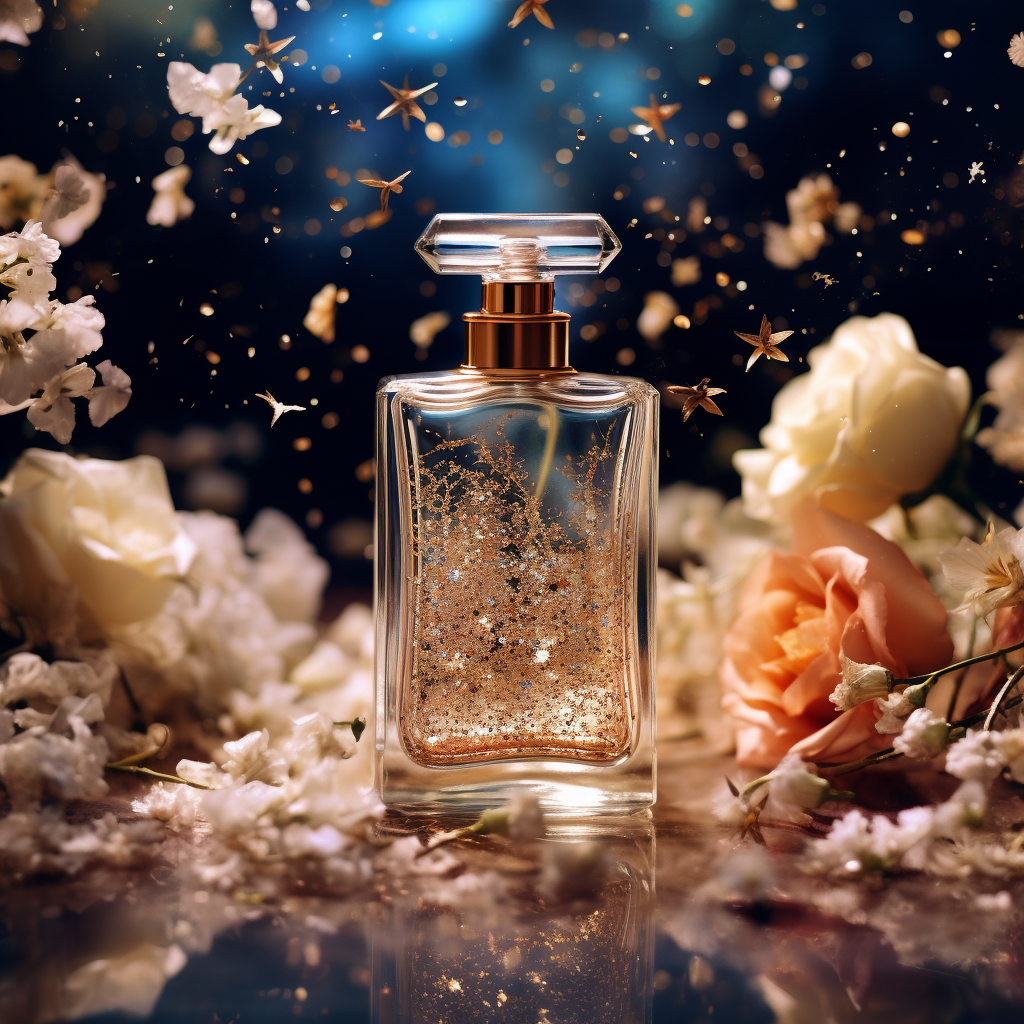Scents and Individuality
Scents are more than just pleasing fragrances. They are windows into the soul, mirrors of our personality, and silent narrators of our most intimate tales.
In ancient cultures, from Egypt to Rome, perfumes served not only to enchant the body but also to signal power and wealth. A luxurious scent often signified nobility and influence and acted as a non-verbal form of communication.
Interestingly, scents can evoke our deepest memories. A 2004 study conducted at the University of Wyoming confirmed that certain aromas tend to bring back long-forgotten memories. A fragrance can instantly transport you back to your childhood, to a summer day in your grandmother's garden, or to your first kiss.
When talking about perfumes as an expression of personality, there are some iconic and high-priced scents that immediately come to mind. "Chanel No. 5" is more than just a perfume; it's synonymous with elegance and femininity. "Terre d'Hermès", on the other hand, appeals to the strong, grounded man, while "L'Homme Yves Saint Laurent" addresses the modern romantic. "Clive Christian No. 1", famed as one of the most expensive perfumes in the world, epitomizes luxury and exclusivity. Lastly, "Santal 33" from Le Labo tells a timeless tale unparalleled in modern perfumery.
Yet beyond brands and price tags, the true art of perfumery lies in its ability to evoke emotions and tell stories as unique as the individuals who wear them.
A perfume is not just an accessory one applies before leaving the house. It's a statement, a narrative, an invisible portrait. In a constantly changing world, scents remain the constants that remind us of who we are and who we want to be. They are the silent witnesses of our deepest emotions and our wildest dreams. Within a drop of perfume lies a whole world filled with memories, hopes, and longings. It's up to us to discover and share them.
Scents are more than just pleasing fragrances. They are windows into the soul, mirrors of our personality, and silent narrators of our most intimate tales.
In ancient cultures, from Egypt to Rome, perfumes served not only to enchant the body but also to signal power and wealth. A luxurious scent often signified nobility and influence and acted as a non-verbal form of communication.
Interestingly, scents can evoke our deepest memories. A 2004 study conducted at the University of Wyoming confirmed that certain aromas tend to bring back long-forgotten memories. A fragrance can instantly transport you back to your childhood, to a summer day in your grandmother's garden, or to your first kiss.
When talking about perfumes as an expression of personality, there are some iconic and high-priced scents that immediately come to mind. "Chanel No. 5" is more than just a perfume; it's synonymous with elegance and femininity. "Terre d'Hermès", on the other hand, appeals to the strong, grounded man, while "L'Homme Yves Saint Laurent" addresses the modern romantic. "Clive Christian No. 1", famed as one of the most expensive perfumes in the world, epitomizes luxury and exclusivity. Lastly, "Santal 33" from Le Labo tells a timeless tale unparalleled in modern perfumery.
Yet beyond brands and price tags, the true art of perfumery lies in its ability to evoke emotions and tell stories as unique as the individuals who wear them.
A perfume is not just an accessory one applies before leaving the house. It's a statement, a narrative, an invisible portrait. In a constantly changing world, scents remain the constants that remind us of who we are and who we want to be. They are the silent witnesses of our deepest emotions and our wildest dreams. Within a drop of perfume lies a whole world filled with memories, hopes, and longings. It's up to us to discover and share them.
